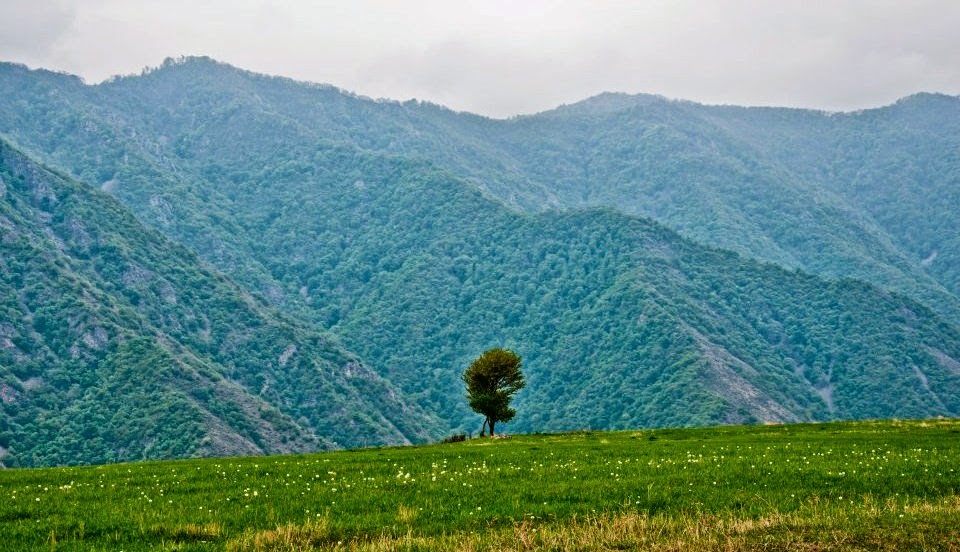Armenia's Murky Media Landscape
The title of the article on aravot.am read, "The Avetisyan's son fought with the murderer prior to being killed." The piece was subsequently picked up by other news outlets (http://168.am/2015/03/04/463714.html, http://shabat.am/?p=57038&l=am/) and made its way on to social media platforms. In this new media age, the propensity to 'click' before you think has become a global craze. There are ample examples of this affliction in the Armenian virtual space as well.
This particular example highlights the irresponsibility of media outlets, whose proclivity for acquiring as many 'likes' as possible, primarily on Facebook - the preferred 'drug' of Armenians on the Internet - is creating a worrisome trend and eroding the last vestiges of journalistic integrity in an already murky media landscape.
The horrific murder of the seven members of the Avetisyan family in Gyumri on January 12 sent shockwaves around the country. The alleged murderer, Russian soldier Valery Permyakov, who was stationed at the 102nd Russian military base in Gyumri is currently being held in custody by the Russian side.
The high profile nature of the case has lent itself to a litany of conspiracy theories and in the absence of clarity regarding the details of the murder and the subsequent investigation, people are making assumptions, accusations and developing their own hypothesis as to what exactly transpired and why.
The title of the article in question asserts that one of the victims had struggled with the murderer before being killed. The investigation has not concluded, the accused Permyakov has not stood trial and the Investigative Committee of Russia, who is leading the actual investigation has made no such statement.
The sisters of Hasmik Avetisyan, one of the victims of the multiple homicide, spoke with aravot.am regarding the case and confirmed that the family had retained two new lawyers to represent them. One of the sisters Rita Petrosyan said, "We want to know: Is Permyakov guilty or someone else? Were the bullets fired from that gun? Why was my Armen (the son of Hasmik Avetisyan) discovered on the floor? Did he fight? Certainly there must have been a struggle that Armen was found on the floor."
A distraught relative's assumptions, 'inspired' the reporter in question to write with certainty that Armen Avetisyan had struggled with the murderer prior to being killed. Perhaps he did, but in the absence of any clear evidence, the inevitable question arises -- why would a media outlet, whose objective should be to report the news accurately and secure the trust of its readers, disrespect those very same readers by misleading them?





.JPG)